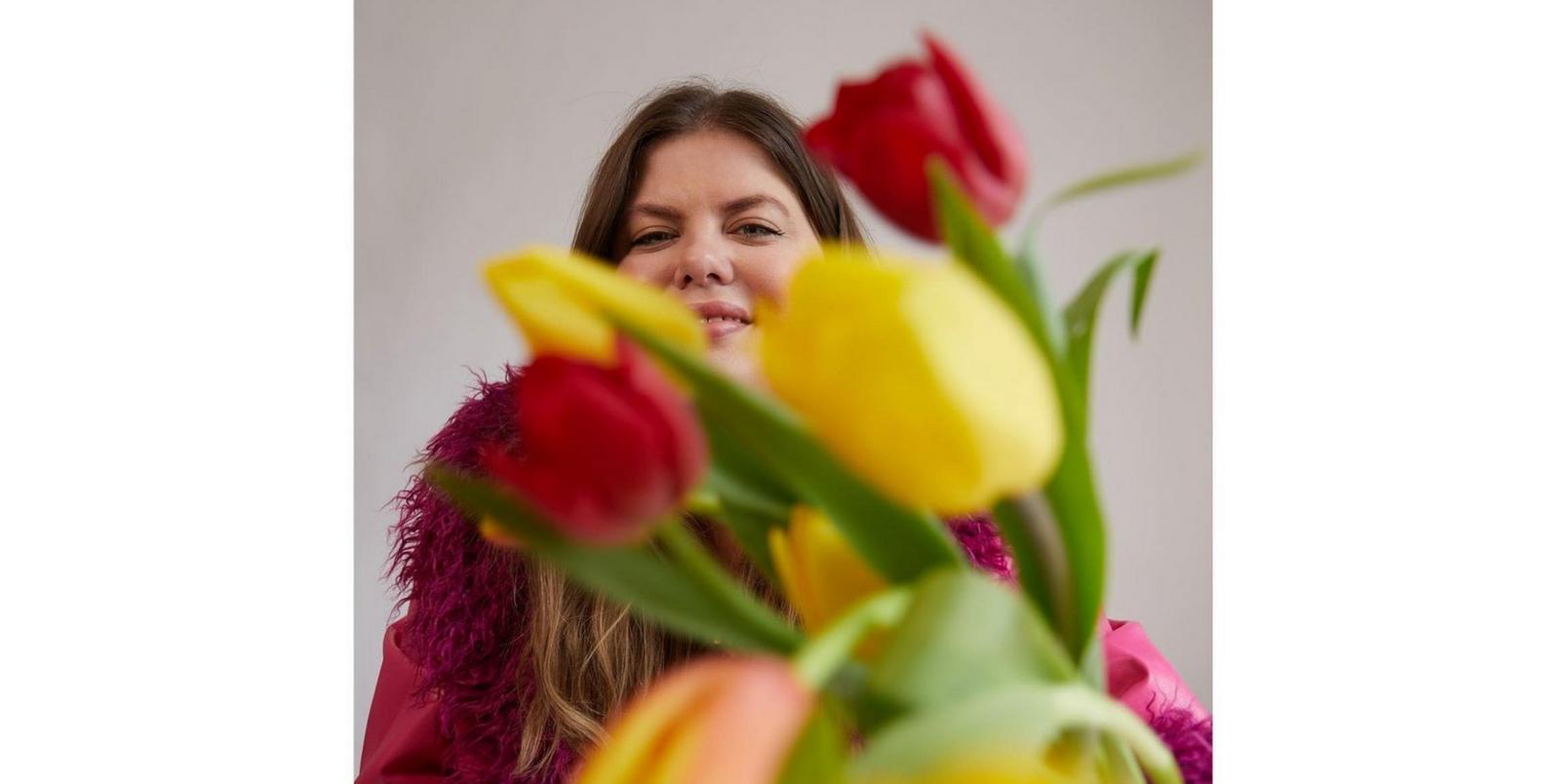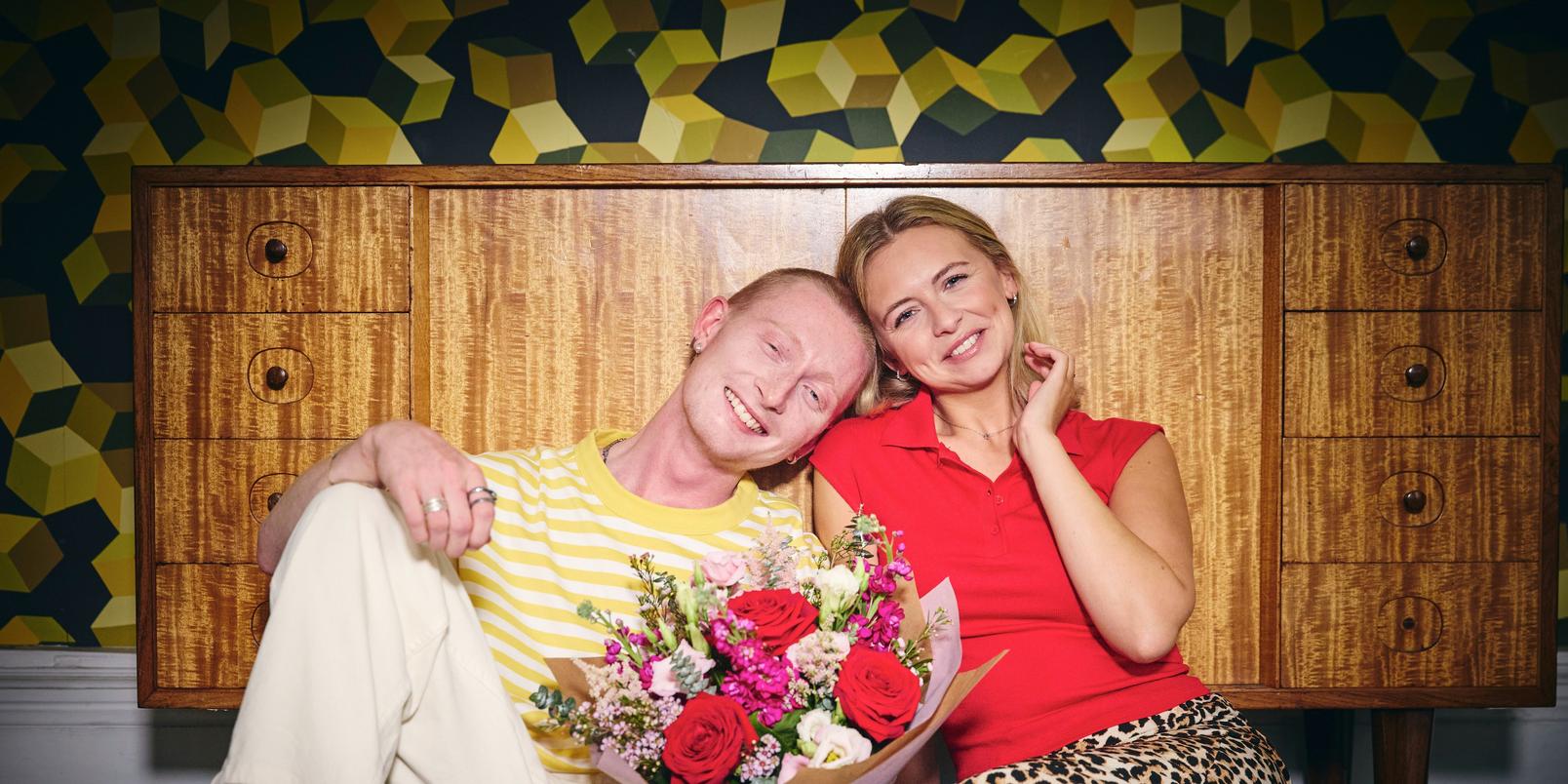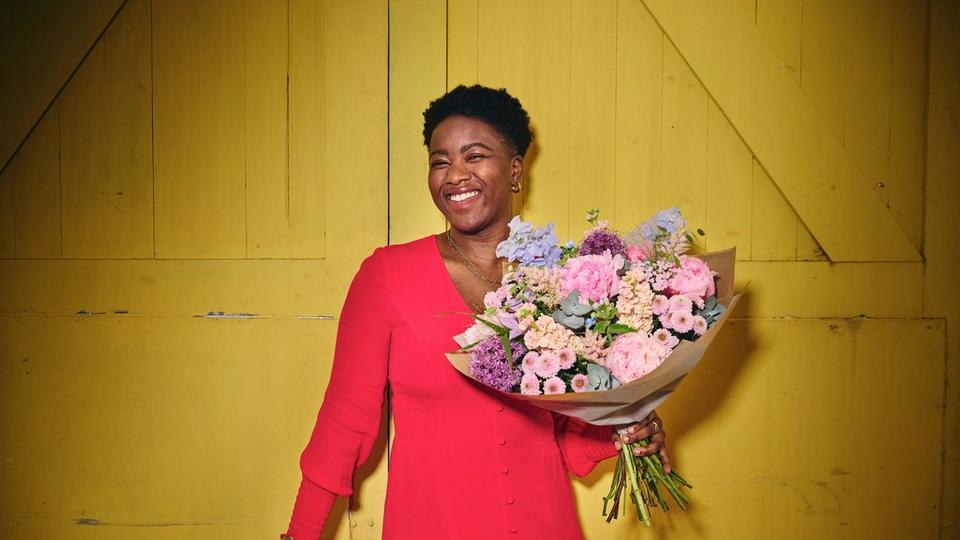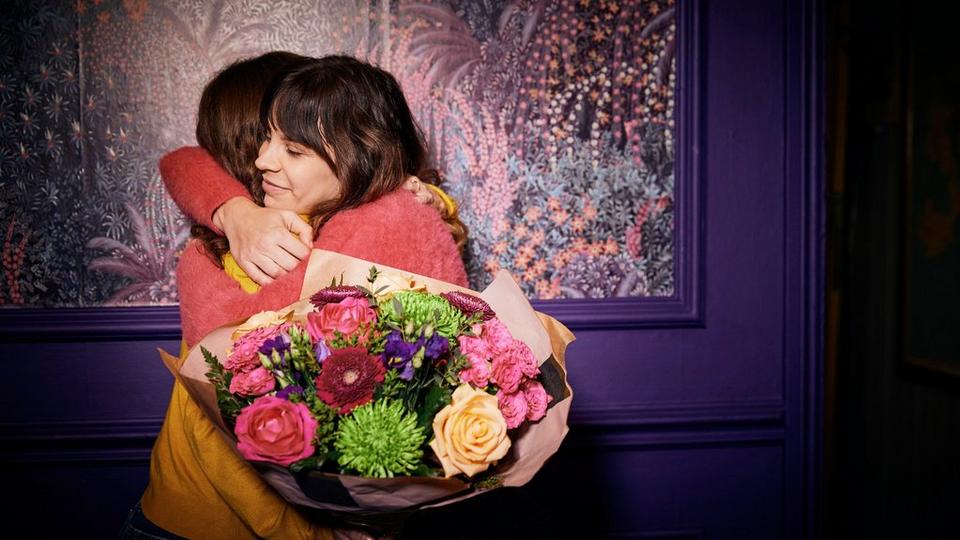How to Express Your Emotions

Even for the most emotionally connected people, expressing our feelings can be a struggle sometimes. We’ve all been there, the words on the tip of our tongue, and yet they just don’t come out. Or they do come out, but all wrong. Whether the emotion is love, gratitude, pride or condolences; all emotions are tricky. A core part of being able to say what you really mean – and reap the benefits of said honesty – is emotional intelligence. And like most things, emotional intelligence is a tool that can be sharpened.
Here, Interflora’s Chief Emotions Translator, the writer and poet Chloe Laws, gives her advice.

I’ve always felt like I had “too many” emotions. As a child, I was constantly called sensitive or a drama queen. This led to me internalising my feelings and, for a long time, hiding them from the world. I used poetry and my diary to let out what I was holding in, the page becoming my confidant. Now, at age twenty-nine, I’m much more expressive and confident in letting others into my feelings. However, even as a professional writer, and someone who others see as vulnerable and open (especially on social media), I still repress a lot.
This caveat is important because oftentimes we think everyone else has it ‘figured out’ when they don’t. That comparison culture can stop us from trying or putting ourselves out there when in reality everyone is a work in progress. It’s all our first time being human, and remembering that can be extremely freeing.
Made popular by Dr. Daniel Goleman in the mid-to-late 1990s, emotional intelligence is the ability to recognise, understand, and manage your emotions and those of others. Colloquially, it’s used by people who define themselves as empathetic or able to regulate their emotions with ease. A lack of it can often be read as a lack of emotions - but that’s not strictly true. Most of us feel a lot of emotions, all the time, but we struggle to give them words - they exist in our heads, via imaginary conversations and daydreams. Tapping into emotional intelligence, and learning to successfully tell people what they mean to you, is the key to more fulfilling and deep relationships. There’s no secret trick to it, just practice. Make small steps towards being more expressive, like hugging your parent; sending your bestie a text telling them you love them; calling someone you’re proud of; or sending flowers to someone you’re thinking of.

Interflora delved into our emotions in a new survey, finding that the average person has 8.6 people in their social circle but only feels a meaningful connection with 56% of them. Shockingly, the majority (63.5%) of respondents would like to express their emotions better and believe this could help them make more meaningful connections.
The cause? Anxiety. With 88% saying social anxiety was getting in their way. The research also found that 35.7% struggle to find the right words and 33.2% are afraid of getting it wrong.
Our fear of embarrassment or being humiliated stops many of us from honestly expressing ourselves. With loneliness on the rise, it’s imperative we break free from such restrictive ideals and live. Living is, after all, about feeling.
"When it comes to moments of emotional expression, we often freeze. We don’t know what to say. We leave a card blank. A call unanswered. Flowers unsent. It can feel overwhelming when faced with what to say, and so people choose the easy route – to say nothing. But saying nothing hinders our human connection and fuels social isolation.
As a society, we desperately need a re-education around how to connect with others. It’s time to put words to feelings – expressing our love, pride, and thankfulness for one another."
Chloe Laws - Chief Emotions Translator, Interflora
Interflora have also noticed something strange: more and more of us are sending flowers not knowing what to write in the card and that just can’t do! So, here are some ways to say popular messages (make sure to personalise them)…
How to say I'm sorry
- I messed up, I’m sorry. Please forgive me?
- You didn’t deserve how I treated you, and I will show you how sorry I am going forward.
- You’re the best. I’m sorry for not making you feel like that’s true.
How to say I'm proud
- You did it! I’m so proud of you.
- I’m made up for you! Well done.
- I never doubted you for a moment!
We'll help you find the words to say more



Say I'm Here When Times Get Tough
Discover the words to let them know you’re thinking of them

